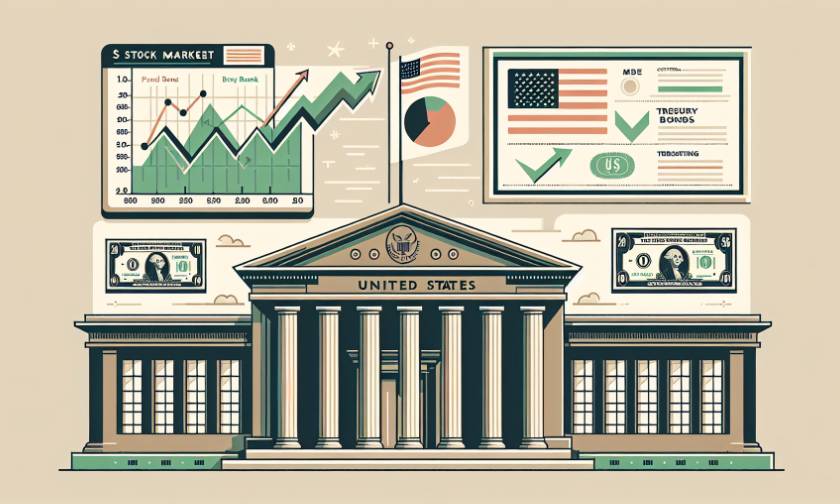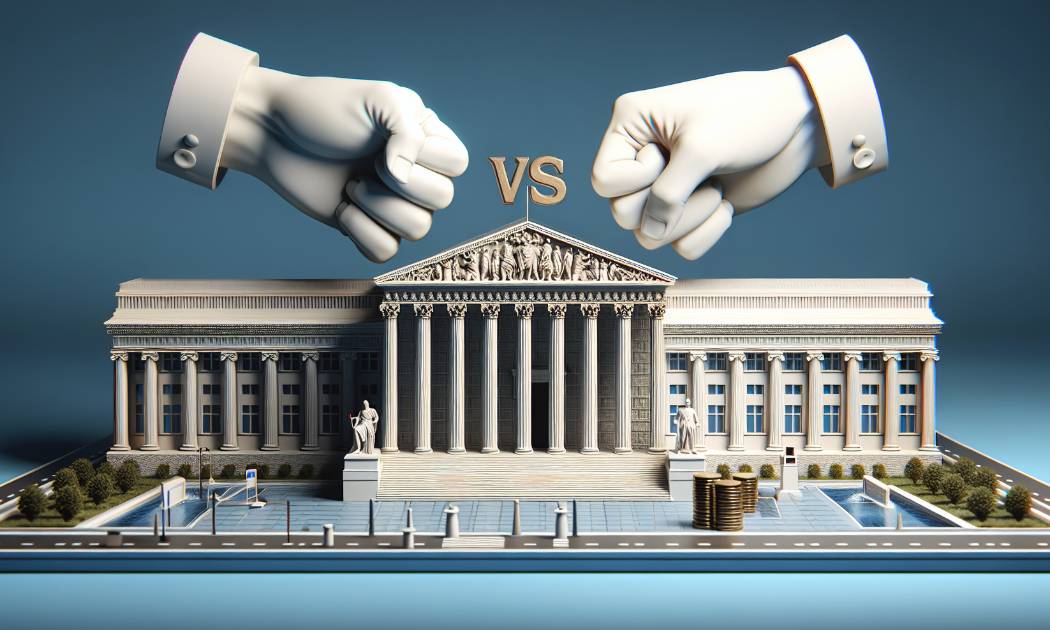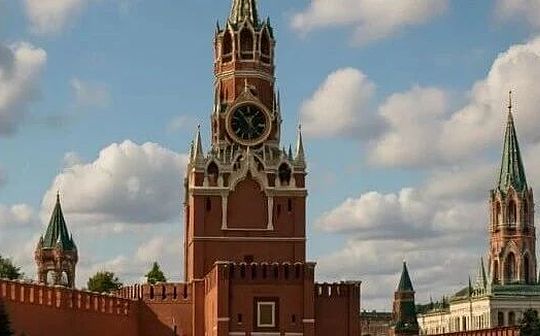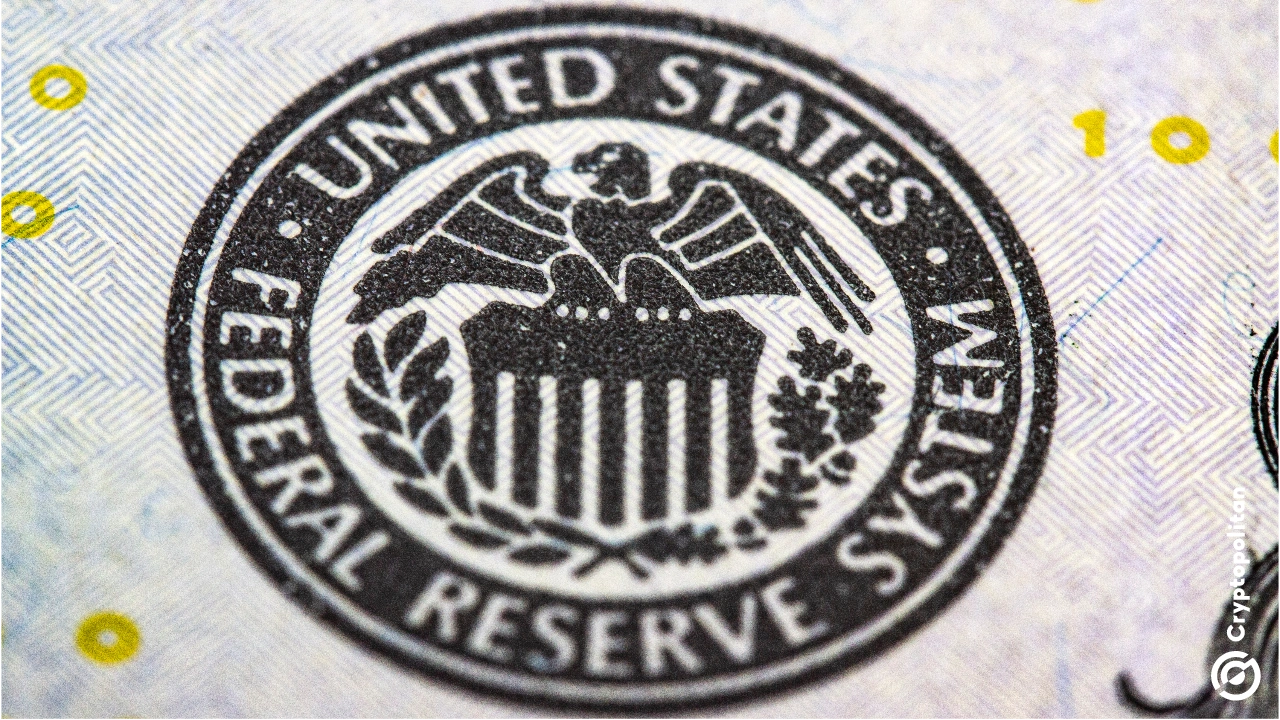Kevin Warsh, former Federal Reserve Director and potential successor of Powell and Trump ally, recently published an op-ed article in the Wall Street Journal to continue to "chase" the Federal Reserve after attending the IMF and the World Bank activities.
He said that more than ten years ago, I experienced the ups and downs at the Fed Council, and now looking back, the aftermath of those key choices is still echoing. He said that the expansion of the Fed's role and power drift have profoundly affected the US economic and fiscal policy. It is time to face up to the mistakes and reaffirm the central bank's due mission and boundaries.
The following is the full text of his column:
More than a decade ago, I was a member of the Federal Reserve Board of Governors. That period was not easy, we made some correct decisions and made mistakes. Inevitably, the most difficult and most important issue at that time, but now, is the role and responsibility of the Federal Reserve.
After a particularly tense weekendDuring the international financial crisis), the Federal Reserve finally introduced unconventional policy support. Former Chairman Paul Volker commented,The Fed has "got to the brink of its statutory and implicit powers, beyond some long-standing central bank principles and practices."We see this as a warning sign—a harsh and close warning from a strong institutional ally to his successor.
However, Volker's warning was largely ignored.The Fed's role in all economic policy matters within the government has become more expanded.
In my opinion,The Fed's all-encompassing and time-consuming expansion behavior has led to systematic errors in macroeconomic policies.The Fed is more like a general institution of the government than a focused central bank. This institutional drift is accompanied by the Fed's failure to perform one of its statutory functions-maintaining price stability. At the same time, this also fueled a surge in federal spending. and,The expansion of the Fed's role and its poor performance have weakened the important and valuable proposition of monetary policy independence.
U.S. fiscal policy is on a dangerous track. Especially after the epidemic, irresponsible expenditure has increased significantly. It's hard for me to blame the country's fiscal splurge entirely outside the Fed. Fed leaders encouraged government spending during economic hardships, but did not call for fiscal discipline during periods of sustained growth and full employment.I prefer to think that monetary policy makers should avoid talking about finance. But if the Fed chooses to cross the line, it should keep its words and deeds in times of crisis and prosperity.
Since 2008, the Federal Reserve has been the most important buyer of U.S. Treasury and other federal debts. The Fed's $7 trillion balance sheet size has expanded nearly ten times larger than when I joined. This is also a microcosm of the Federal Reserve's increasingly heavy mark in the economy.
I also have some responsibility for the creation of asset purchases (i.e., quantitative easing, QE). During the 2008 crisis, we lowered interest rates to near zero and looked for new ways to relax monetary policy to inject liquidity into liquidity-depleted markets. Both then and now, I firmly support innovation in this crisis.
But after the crisis ended, the Fed failed to retract these measures. In the summer and autumn of 2010, when the economy grew strongly and financially stable, I was extremely worried that the decision to continue to buy Treasury bonds would involve the Federal Reserve in chaotic fiscal policy matters. Subsequently, QE2 (second round of quantitative easing) was announced to be implemented.I objected and resigned from the Fed shortly after.
Although quantitative easing fluctuated in the 2010s, it has almost become a fixed feature of central bank policies. Members of Congress found that funding has become easier with the support of the Federal Reserve's lowered financing costs.The boundaries between the central bank and the apparent fiscal authorities are becoming increasingly difficult to distinguish.
The central bank's self-confidence is not limited to monetary policy. "Climate change" and "inclusiveness" are highly politicized issues, and the Federal Reserve has neither the expertise nor the power to rule on these issues.
Let me give you two examples: First, at the end of 2020, the Federal Reserve joined the "Network of Central Banks and Regulators in Green Finance System" (NGFS). The Fed said it was “active and in many cases leading” in climate-related work. Fast forward to January 2025—at a very different time point in the political environment—the Federal Reserve withdrew from this "green" organization and adjusted its statement.
Secondly, in August 2020, the Federal Reserve announced a novel monetary policy framework. In my opinion, this new framework is the Fed's "end of history" to the outside world - believing that high inflation has been defeated, and the main risk in the future is that prices are too low.
Under this new framework, the Fed redefines the “maximum employment” in its statutory mandate as “a broad and inclusive employment goal.” The new wording “inclusive employment” is widely understood as the Federal Reserve’s willingness to tolerate higher inflation so that certain groups can achieve higher employment rates.
Recently, the Fed's leadership's statement on whether there is a practical difference in the definition of "full employment" between the old and the new has become vague.If there is no difference in practice, then the new statement is just a political gesture? If it is indeed different, shouldn't Congress have a say?
I also want to point out that the Fed misjudged the economic situation: the biggest cost of its new policy is ultimately the worst of those so-called beneficiaries.The more the Fed speaks outside its responsibilities, the more it jeopardizes its ability to ensure price stability and achieve full employment.
Americans have hardly had to worry about changes in price levels over the past 40 years. If the Fed continues to maintain an enviable record of stable prices this decade, central banks may gain greater freedom of movement. But later, the Fed fell on fundamental issues and inflation soared.
Stable prices were once the amulet of the Federal Reserve.Just like the protagonist armor in the movie, protect it from challenges.But the Fed has continuously expanded its powers and ambitions, increasing its exposure area and exposing more vulnerabilities.
The independence of central banks is often cited, but rarely clearly defined.Independence itself is not a policy goal, but a means to achieve specific important policy outcomes.
When the Fed's policies are criticized, independence is instinctively used as amulet. Congress has given the Federal Reserve an important function of supervision and supervision of banks. But I thinkThe Federal Reserve should not enjoy any special immunity in banking supervision and supervision policies. The Fed's claim to independence in banking affairs has instead weakened its legitimacy to advocate independence in monetary policy.
When the Fed deviates from its creed and traditions, exercises powers that belong to the Treasury, or makes statements on social issues, it further endangers the ability to maintain operational independence in the most critical areas.
I firmly believe that the operational independence of monetary policy is a wise choice in political economy. I believe it, tooMaintaining the independence of the Federal Reserve mainly depends on the Federal Reserve itself. But that doesn't mean central bankers should be treated like spoiled princes. When monetary policy results are poor, the Fed should accept strict questioning, strong supervision, and bear due condemnation when making mistakes.
Our constitutional republic allows an independent central bank to exist because it can closely follow the duties of Congress directed and successfully perform its tasks. We should remember that the true public preference is that there is a deep-rooted dislike of inflation, bailouts, and power expansion.
The Fed's current dilemma is mainly due to its own consequences. A strategic reset is necessary to regain reputation, restore status, and most importantly, avoid worse economic outcomes for citizens.
















No comments yet